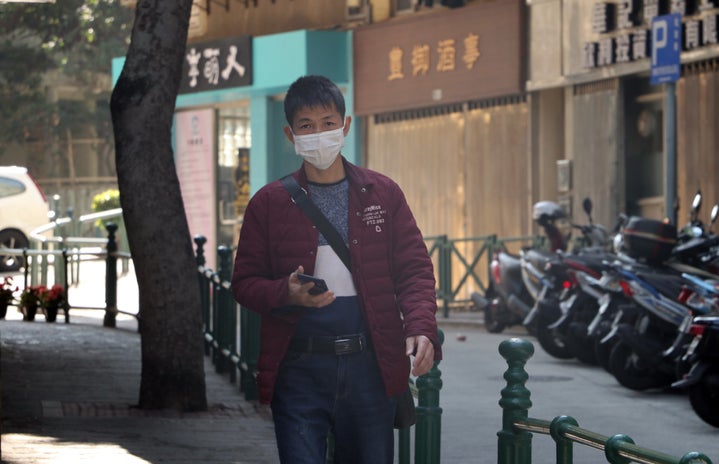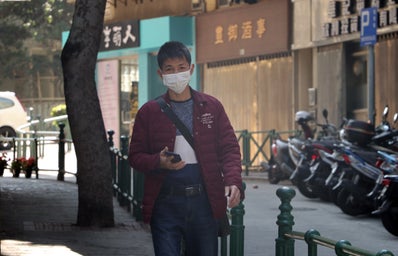A global emergency that has already killed on a mass scale threatens to destabilise economies and overwhelm poorer countries lacking the necessary infrastructure. This is climate change, not the coronavirus COVID-19.
While the new virus has already killed 3000 people and is expected to infect 70% of the world population, its effects are still minor to those of climate change. Indeed, according to the World Health Organisation, pollution kills 7 million people per year, and the WWF claims that sea levels and temperature risings put all animals at risks. Regardless of this and the fact that the coronavirus was unexpected (while climate change has been a global issue for years), we are witnessing massive mobilisation of resources, emergency plans and special meetings for the virus rather than for the environment. This is due to the discourse surrounding the two issues. The Coronavirus is presented as an imminent threat, whereas climate change is still framed by apocalyptic discourses as an abstraction really far away or as a catastrophe that can no longer be avoided. The symptoms of climate change are harder to visualise than the ones of the virus and thus are underestimated. Yet, floods, Australian bushfires, Antarctica’s 20°C are all evident consequences of climate change that should be addressed as – if not more- urgently than the illness. Failing to do so would also mean to neglect the inevitable link between pandemics and climate change: extreme weather conditions spur movements of people and animals in habitats in which they may get in contact with diseases they have little immunity against.
Surprisingly enough, another and more positive link should be drawn between the coronavirus and the climate emergency. Since the outbreak of the disease, greenhouse gas emissions in China have been reduced by 25% due to decreased driving and coal burning. Moreover, global demand for oil and air travel have dampened, since people are becoming afraid to travel. As the China expert Elizabeth Economy has said: “If there is a bright side to the coronavirus, it is that the drop in industrial production, manufacturing, and automobile use will produce a noticeable drop in CO2 emissions for at least the first two months of the year.” While considering it a bright side of the pandemic is a bit extreme considering the virus is an absolute tragedy and hardly a desirable or logical way to tackle climate change, the link is undeniable. What we should really take from our analysis of the link of climate change and the COVID-19 is that the disease has proven that immediate and drastic action by governments can take place and could take place for climate change too.
Urgent actions are of course necessary to prevent the spread fo the coronavirus and the urgency of international governments is justified. Yet, it is important to attribute the same sense of urgency to climate change which represents a deadlier existential threat for which we are running out of time.



